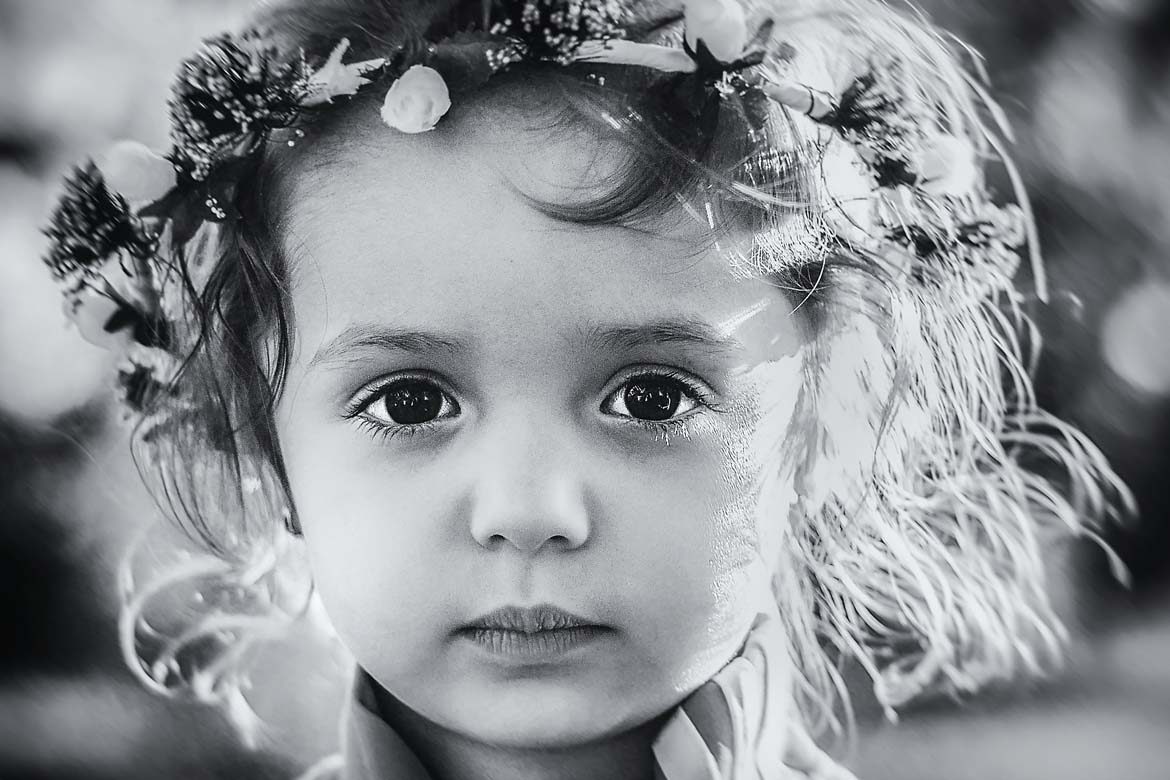By Megan Stonelake
In my work with parents, we often discuss parenting strategies that feel brand new. They may be counter to popular parenting advice, and they can take some getting used to.
Often parents will buy into these new ideas, but they aren’t quite sure how to implement them. What do I say if not “Good job”? It’s great to know why new approaches are necessary, but unless we have some clarity around our alternatives, we’re bound to quickly revert to previous patterns.
Here’s a list of phrases you may want to consider abolishing from your vernacular.
- “It’s not that big of a deal.” Or “You’re Okay.”
Why this matters: This innocent attempt to comfort and reassure is actually quite diminishing. When we minimize what our kids are feeling, we are essentially telling them that their feelings are wrong. Over time they can learn that their feelings aren’t trustworthy and will look to others to tell them how to feel. We empower our children by letting them decide what feels like a big deal.
Instead try: “I can tell you’re feeling really upset.” or “Ouch, I bet that hurt! Are you okay?”
Additional Reading: 8 Guaranteed Ways to Emotionally F*ck Up Your Kids
- “Your brother always picks up his toys.”
Why this matters: I only have one sports metaphor (my husband makes up for this deficit), and I use it often. Our kids need to know we’re on their team. When we compare them to other people and find them lacking, we’re creating a competitive environment in which our child is the loser. Often parents compare their children while also bemoaning a sibling rivalry, having no awareness of the part they play in creating this conflict.
Instead try: “You seem to be having trouble getting your room picked up. Do you need some help? I can time you to see how fast you can get your toys put away in those bins!”
Additional reading: Siblings 101
- “You can come back when you’re ready to behave.”
Why this matters: In his book Unconditional Parenting, education and parenting expert Alfie Kohn refers to time outs as a “time out from love.” This may sound hyperbolic, but in the truest sense of the term, it’s accurate. Time outs were created in the lab with pigeons and rats to study operant conditioning. A “time out” was a time out from positive reinforcement. With lab animals, this usually means food. With children it often means attention and affection from a parent. Time outs can lead a child to believe that we will only accept them when their behavior is acceptable.
Instead try: “It looks like maybe you need a break. Let’s go take a break together and make a plan.”
Additional Reading: The Trouble with Time Outs
- “Good job!”
Why this matters: As parents, we want our children to know that we unconditionally accept them for who they are, not what they can do. Praise may seem innocent enough, but it’s a form of behavioral conditioning not unlike time outs. We praise what we find acceptable in an attempt to encourage obedience. As Alfie Kohn points out, what we think deserves a “good job” is rather arbitrary to begin with, and when we focus on praise we are making a judgment about the worthiness of our children’s actions.
When we praise a child for engaging in an activity they once chose of their own volition, we turn intrinsic motivation into extrinsic motivation. This means that what was once done for the joy of the activity is now only done with the intent of eliciting more praise. Dr. Laura Markham points out that creating external motivation means that children become interested in engaging in a certain behavior only when an adult is present to admire it, “…children who are praised for sharing begin to share less unless adults are watching, apparently because they’ve learned from the praise that no one in their right mind would share out of the goodness of their heart” (Peaceful Parent, Happy Kids).
Instead try: “Wow, you worked really hard on that puzzle, and you finished it!” or a simple “You did it!” Such statements recognize the child’s feeling of accomplishment without judgment.
Additional Reading: When A Parent’s ‘I Love You’ Means ‘Do as I Say’
- “Stop crying”
Why this matters: Why shouldn’t a person who is upset cry? Crying releases stress hormones, and it’s a healthy expression of sadness, frustration, and anger. When we bottle our emotions, they’re like a volcano lying dormant. Eventually they will explode, and odds are it won’t be pretty.
If we discourage a developmentally appropriate behavior such as crying, this is a reflection of our own discomfort with emotions. It’s a clear indicator that we have our own inner work to tackle if we want to avoid passing along our unhealthy relationship to emotions to our children.
Instead try: “Take your time to cry all your cries, and when you’re done we can talk.”
Additional reading: Invalidation in Families: What Are The Hidden Aspects?
- “Don’t worry!”
Why this matters: Having someone tell us not to feel a certain way rarely has the effect of changing the emotion. Instructing a kid not to worry only succeeds in adding shame to the worry. In his book The Opposite of Worry, Dr. Lawrence Cohen explains that minimizing our children’s anxieties can feel belittling. Instead, he suggests using empathy, “Without empathy, it’s easy to dismiss a child’s fears.”
Instead try: As my then three year old once explained to me, “whether monsters are real or not, it feels the same to me.” Acknowledge the worry without judging or adding your own worry. Give words for the experience of anxiety and discuss ways to manage it, including deep breathing and imagery.
Additional reading: 5 Things You Should Never Say to an Anxious Child
Giving your children the tools to process emotions, think critically, and ask important questions are all life skills that will be invaluable as they mature. Remember that what may feel like more work now is an investment in your child, and the pay off makes it all worth it.
Megan Stonelake is a therapist and parent coach who teaches parents all over the world how to become more peaceful. She has written extensively on peaceful parenting for Parent.co, Hey Sigmund, and The Huffington Post among others. You can follow her blog or schedule a session at her website. You can also follow her on Facebook and Twitter.











